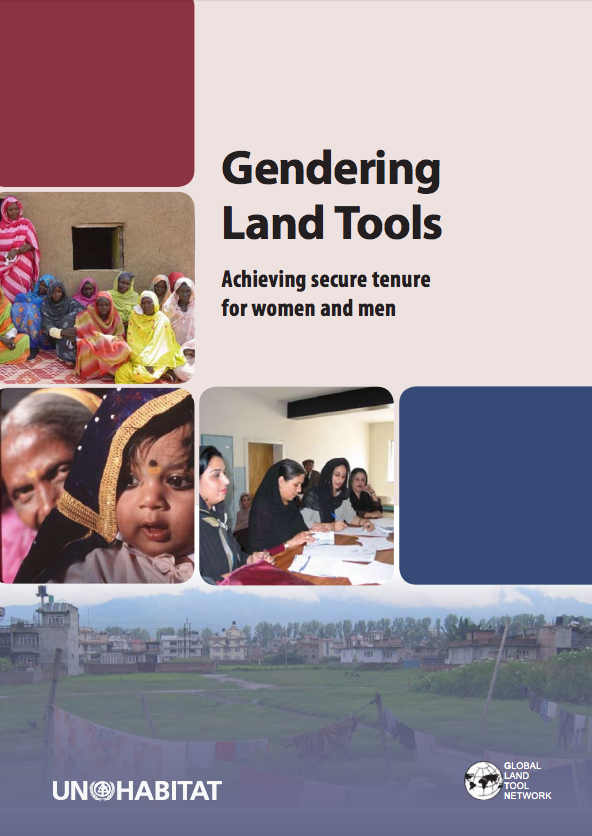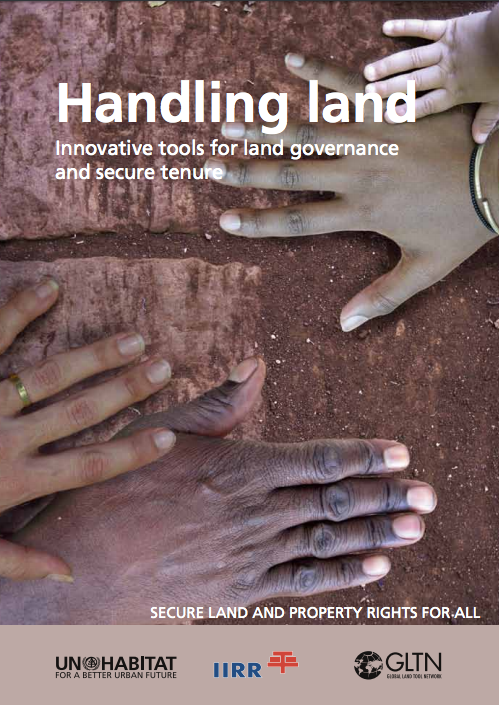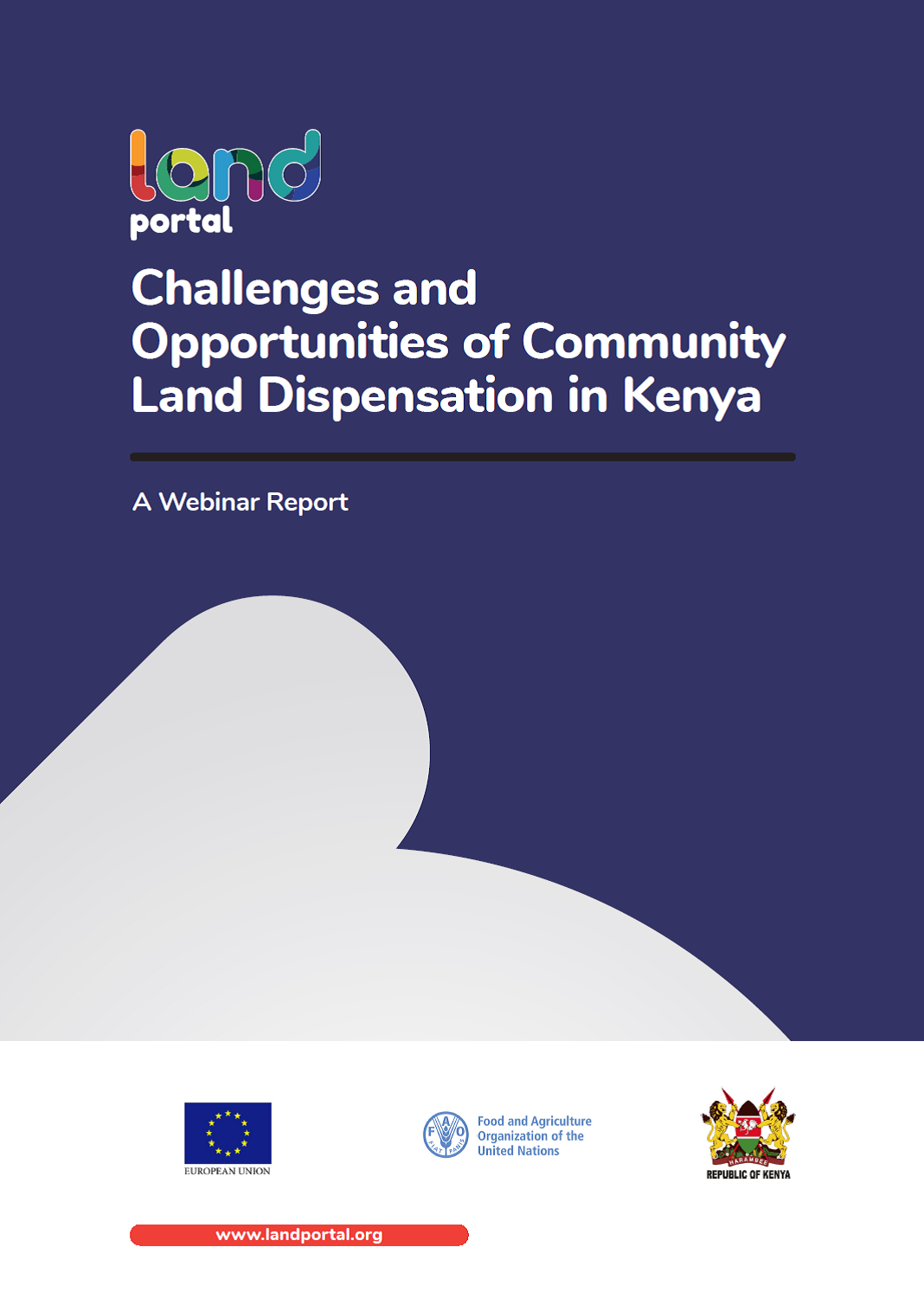Justice Delivered Locally : Systems, Challenges, and Innovations in Solomon Islands
This report presents the research
findings of the Justice Delivered Locally (JDL) initiative
of Solomon Islands' Ministry of Justice and Legal
Affairs, which was supported by the World Bank's
Justice for the Poor (J4P) program. JDL supports the Solomon
Islands Government (SIG) policy of reinvigorating
local-level justice systems. This is based on an
understanding that developmentally important local





